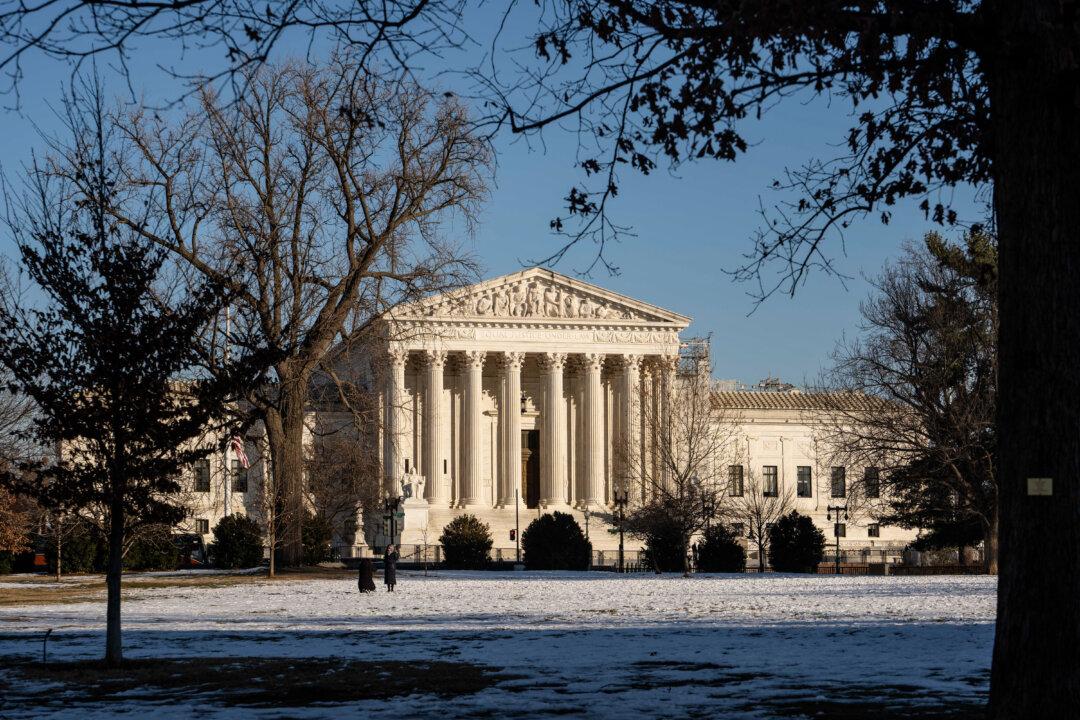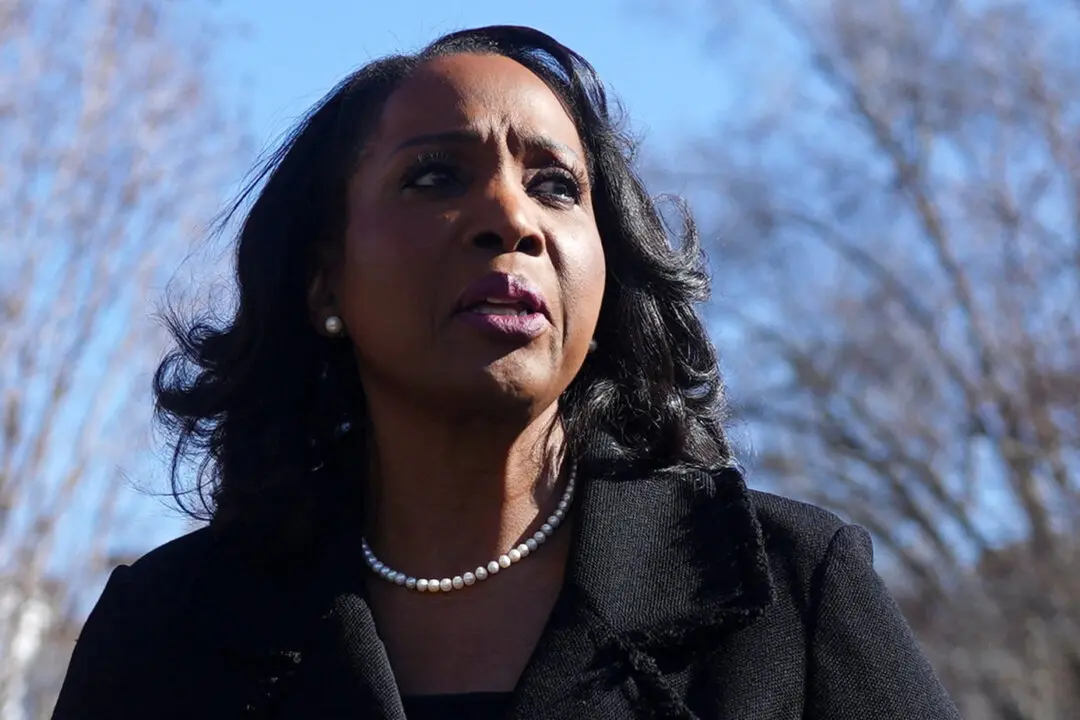President Joe Biden is leaving office after four years, during which he influenced the Supreme Court in multiple ways, raising questions about how he will be remembered for affecting the judicial branch of government.
As chief executive, Biden has had the power to nominate justices and defend federal laws before the Supreme Court. He used that power early in his term to nominate Ketanji Brown Jackson, who would become the first black, female Supreme Court justice.





